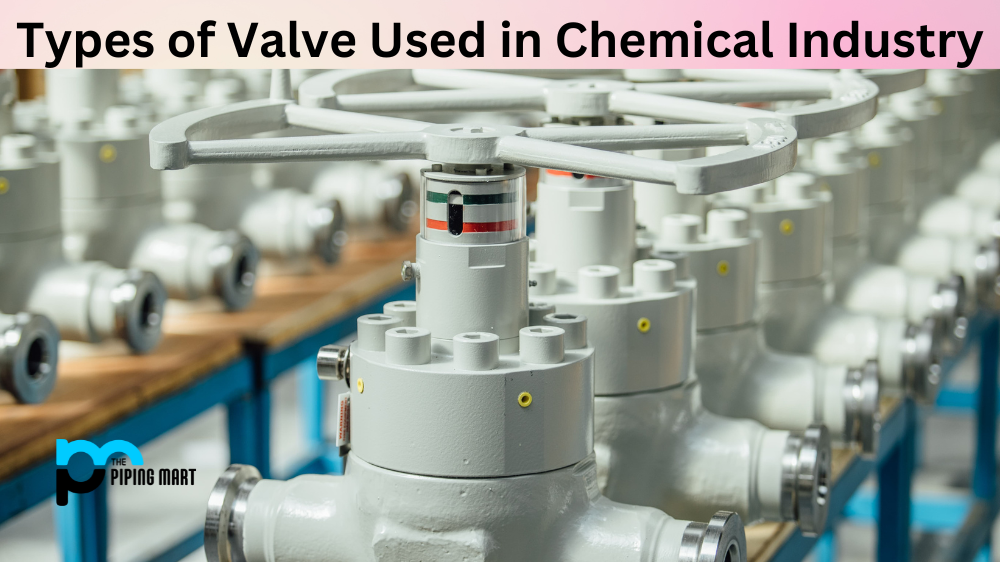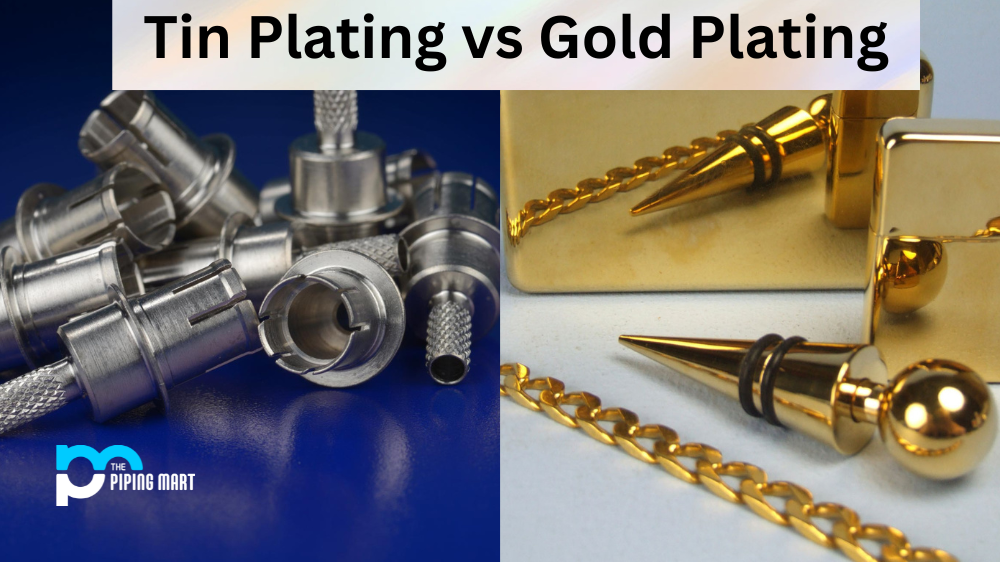Valves are one of the critical components used in the chemical industry because they control the flow of chemicals through the pipeline. Different valves are designed to meet specific requirements, which depend on the type of chemical and conditions. In this blog post, we will discuss some of the essential types of valves used in the chemical industry and their applications.
Ball Valves
Ball valves are one of the most common valves used in the chemical industry. A ball valve consists of a ball with a hole in the centre, which regulates fluid flow when turned. Ball valves are easy to operate, maintain, and have low resistance to flow. They are perfect for applications requiring tight shutoffs, such as chemical transfer, gas distribution, and similar processes.
Globe Valves
Globe valves are ideal for regulating the flow of liquids and gases. They are highly reliable and can withstand high temperatures and pressures. Globe valves are suitable for controlling the flow of corrosive and abrasive chemical solutions and sticky slurries or suspended solids. They are commonly used in pumps and systems where throttling is required.
Butterfly Valves
Butterfly valves are efficient and cost-effective, making them very popular in the chemical industry. They have a simple design involving a rotating disc to open or close the fluid flow. Butterfly valves have low-pressure drops and are commonly used in applications such as power plants, chemical processing plants, and wastewater treatment facilities.
Check Valves
Check valves are designed to prevent backflow and protect the pipeline from damage caused by reverse flow. They are commonly used in chemical pumps, compressors, and storage tanks. Check valves can be customized to meet specific requirements and are used to prevent contamination or damage to downstream equipment.
Diaphragm Valves
Diaphragm valves are highly reliable and have low maintenance requirements. They have a unique design that separates the fluid from the environment, making them ideal for controlling the flow of corrosive or hazardous chemicals. Diaphragm valves are commonly used in the chemical industry for filtration, dosing, and drainage applications.
Conclusion
The type of valve selected for a specific application depends on the kind of chemical, flow requirements, and safety considerations. Many types of valves are used in the chemical industry, but ball, globe, butterfly, check, and diaphragm valves are the most commonly used. Understanding the different types of valves and their applications is essential in ensuring safe and efficient operation of chemical processes.

Hey, I’m Krutik, a casual blogger expert in the metal industry. I am passionate about providing valuable information to my readers. With a background in engineering and construction, I like playing Cricket & watching Netflix shows in my free time. Thank you for visiting my blog, and I hope you find my information helpful!




